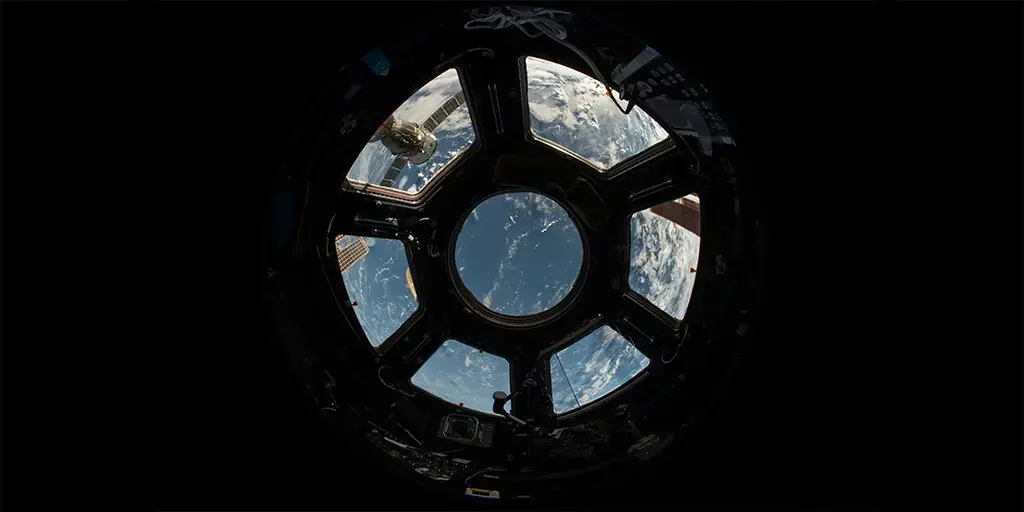(Excepted from our series “The New Scientific Evidence that Points to the Existence of God – Part 2.” Edited for publication. See our store at jashow.org to order this entire series.)
(Continued from Part 2)
What is Intelligent Design?
Dr. John Ankerberg: All right, Steve, why is intelligent design—first of all, define what intelligent design is—but why is it better than all of these other theories that we’ve talked about?
Dr. Stephen Meyer: Intelligent design is the idea that there are certain features of life in the universe that are better explained by reference to the action of a designing mind or intelligence, as opposed to the powers of undirected material processes.
The Case for a Theistic Design Hypothesis
In the case of the fine tuning, I’ve argued in my new book that there are reasons to prefer a theistic, intelligent design hypothesis over and against the go-to atheistic hypothesis, which today is the idea of the multiverse. And there are two main reasons for that. First, a theistic design hypothesis is a much simpler explanation than the multiverse. In the multiverse, you have to posit all those billions and billions of other universes, but you also have to posit lots of other theoretical entities, some based on string theory, some based on the inflationary cosmology. So theistic design, which posits one single entity, the idea of a transcendent mind, as opposed to this multiplicity of theoretical postulates, ends up providing a simpler explanation.
Why the Multiverse Falls Short
But the even more fundamental reason to prefer intelligent design over the multiverse, is the multiverse doesn’t actually explain the fine tuning. It doesn’t provide an ultimate explanation for the fine tuning. And here’s why. The multiverse really only works as an explanation for the extreme improbability of the fine-tuning parameters if there is some interaction between the different universes. But if the universes are causally disconnected one from another, then anything that happens in one universe will have no effect on another universe, including whatever process it was that set the fine-tuning parameters in the first place.
The Problem with Universe-Generating Mechanisms
So, in virtue of that, multiverse advocates have proposed what are called universe-generating mechanisms, some underlying physical or causal mechanism that would spit out lots of universes over time, so that there’s an underlying common cause of all the universes. And they can portray our universe as a kind of lucky winner in a giant cosmic lottery. Now, that’s where the rub comes in. Because it turns out that the mechanisms that the multiverse advocates have proposed for generating universes, some based on string theory,…
Dr. John Ankerberg: Where did it come from?
Fine-Tuning Still Requires Explanation
Dr. Stephen Meyer: …some based on inflationary cosmology, themselves require prior unexplained fine tuning, taking us right back to where we started—with a set of unexplained fine-tuning parameters.
And yet, in our experience, our uniform and repeated experience, any system that has the characteristics that we define as being finely tuned—whether it’s a French recipe, or an internal combustion engine, or the setting on a radio dial, or digital code in a computer—any system that’s finely tuned, in our experience always arises from an intelligent source.
And by fine tuning, again, we mean an ensemble of highly improbable parameters that work together to accomplish some discernible function or significant outcome. And that’s exactly what we have in the fine-tuning parameters. Since they’re not ultimately explained by the multiverse hypothesis, I’ve argued that the best explanation for the cosmic fine tuning is intelligent design, the same type of explanation that we would routinely invoke to explain fine tuning when we encounter it in our ordinary experience.
How Fine-Tuning Evidence Impacts Belief
Dr. John Ankerberg: There’s been a lot of people that are atheists, agnostics, that have been on the other side. And this fine-tuning evidence, as well as all of the evidence we’ve been talking about before we got there, people have admitted that they have changed sides. Doesn’t mean they’ve become Christians, but they’ve become at least theists; they believe in God, or there’s an intelligent designer. Tell us, what are you seeing in this area of people changing their mind because they’re looking at the scientific evidence?
Dr. Stephen Meyer: Well, one thing that’s very striking is what very devout atheists say about this exact argument. Christopher Hitchens said this was for him the strongest reason to consider belief in God, and he found it a very significant intellectual challenge to his atheistic position. I actually don’t think it’s the strongest argument for intelligent design or for the God hypothesis by itself—some of the things that have been discovered in biology I think provide even more compelling evidence of design. But it is interesting that even people who are very committed to an atheistic worldview have acknowledged the force of this argument. And among top physicists there are many theists today who see the fine tuning as a very strong reason in support of their worldview.





Leave a comment